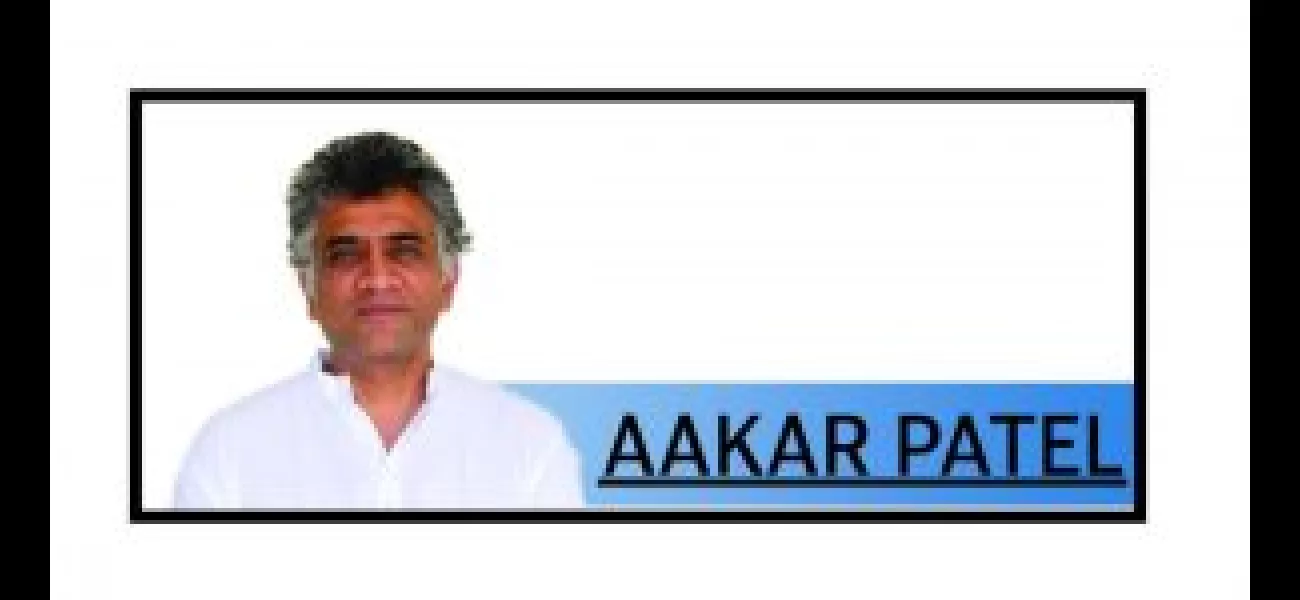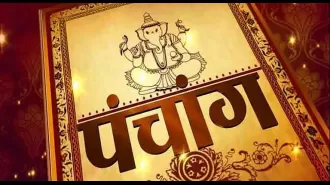The path we chose to follow.
Arvind Kejriwal, Delhi's Chief Minister, has been temporarily released to campaign but will have to return to jail due to opposition from the BJP.
May 12th 2024.

Arvind Kejriwal, the Chief Minister of Delhi and a leader of a national party, has been temporarily released from jail to campaign. However, he is expected to return to jail soon as he has not been convicted of any crime. The reason for his imprisonment is the opposition from the BJP, who have been against granting him bail. The court acknowledged Kejriwal's position as a political figure and stated that while allegations have been made against him, he has not been found guilty. They also noted that he has no prior criminal record and does not pose a threat to society.
It is worth mentioning that the case against Kejriwal was registered in 2022, but he was arrested just days before the voting began in April this year. As a result, he missed a significant part of the initial campaigning period and his wife had to take over and campaign on his behalf. This raises questions about the fairness of the election, considering that his opponents were able to freely campaign while he was locked up.
Unfortunately, Kejriwal is not the only political figure facing this situation. The former Chief Minister of Jharkhand, the Deputy Chief Minister of Delhi, and a member of the previous government in Telangana are also in jail without being convicted. The BJP's argument in court is that politicians should not be treated differently from other accused individuals and should not be granted bail for campaigning. However, this raises concerns about the party's intentions and whether they prioritize democracy and fair elections.
The court's observations about Kejriwal also apply to the other politicians in jail. They have no prior criminal record, do not pose a threat to society, and hold important positions in their respective political parties. Kejriwal's release was met with a warm reception, much to the dissatisfaction of the BJP. One of its members even tweeted about how the court's involvement in the election could sway the results in Kejriwal's favor.
The issue at hand is that the courts are being pressured into making these decisions. The bigger question is whether we can trust the BJP's claim that they are not attacking democracy with their actions. While there may be divided opinions within India, it is important to consider the perspective of the outside world, who may have less at stake but can provide a more unbiased view.
Over the years, various international reports and organizations have expressed concerns about the state of democracy in India under the current government. For instance, Freedom House has noted the BJP's use of government institutions to target political opponents and has classified India as only "partly free." The Economist Intelligence Unit's Democracy Index has also downgraded India's status from a "flawed democracy" to an "electoral autocracy" under the leadership of Narendra Modi.
Furthermore, the global alliance of civil society organizations, CIVICUS, has rated India's civil space as "repressed," which is not a term typically associated with democracies. They have also noted the government's tendency to silence critics through drastic measures, such as imprisoning them during elections. This was evident in the recent case of Kejriwal and Sanjay Singh, who were both jailed by the Enforcement Directorate without conviction but were later granted bail.
Lastly, the University of Gothenburg's V-Dem report has stated that India has experienced a dramatic decline in democracy over the past decade, with Modi's leadership resulting in the country being classified as an "electoral autocracy." In terms of freedom of expression, media, and civil society, India ranks as autocratic as Pakistan and even worse than Bangladesh and Nepal.
Initially, the government and its supporters dismissed these reports as biased. However, with recent events such as the imprisonment of political opponents during an election, it is becoming increasingly difficult to deny the decline of democracy in India. The BJP may claim to be following the rules of democracy, but their actions speak louder than their words.
It is worth mentioning that the case against Kejriwal was registered in 2022, but he was arrested just days before the voting began in April this year. As a result, he missed a significant part of the initial campaigning period and his wife had to take over and campaign on his behalf. This raises questions about the fairness of the election, considering that his opponents were able to freely campaign while he was locked up.
Unfortunately, Kejriwal is not the only political figure facing this situation. The former Chief Minister of Jharkhand, the Deputy Chief Minister of Delhi, and a member of the previous government in Telangana are also in jail without being convicted. The BJP's argument in court is that politicians should not be treated differently from other accused individuals and should not be granted bail for campaigning. However, this raises concerns about the party's intentions and whether they prioritize democracy and fair elections.
The court's observations about Kejriwal also apply to the other politicians in jail. They have no prior criminal record, do not pose a threat to society, and hold important positions in their respective political parties. Kejriwal's release was met with a warm reception, much to the dissatisfaction of the BJP. One of its members even tweeted about how the court's involvement in the election could sway the results in Kejriwal's favor.
The issue at hand is that the courts are being pressured into making these decisions. The bigger question is whether we can trust the BJP's claim that they are not attacking democracy with their actions. While there may be divided opinions within India, it is important to consider the perspective of the outside world, who may have less at stake but can provide a more unbiased view.
Over the years, various international reports and organizations have expressed concerns about the state of democracy in India under the current government. For instance, Freedom House has noted the BJP's use of government institutions to target political opponents and has classified India as only "partly free." The Economist Intelligence Unit's Democracy Index has also downgraded India's status from a "flawed democracy" to an "electoral autocracy" under the leadership of Narendra Modi.
Furthermore, the global alliance of civil society organizations, CIVICUS, has rated India's civil space as "repressed," which is not a term typically associated with democracies. They have also noted the government's tendency to silence critics through drastic measures, such as imprisoning them during elections. This was evident in the recent case of Kejriwal and Sanjay Singh, who were both jailed by the Enforcement Directorate without conviction but were later granted bail.
Lastly, the University of Gothenburg's V-Dem report has stated that India has experienced a dramatic decline in democracy over the past decade, with Modi's leadership resulting in the country being classified as an "electoral autocracy." In terms of freedom of expression, media, and civil society, India ranks as autocratic as Pakistan and even worse than Bangladesh and Nepal.
Initially, the government and its supporters dismissed these reports as biased. However, with recent events such as the imprisonment of political opponents during an election, it is becoming increasingly difficult to deny the decline of democracy in India. The BJP may claim to be following the rules of democracy, but their actions speak louder than their words.
[This article has been trending online recently and has been generated with AI. Your feed is customized.]
[Generative AI is experimental.]
0
0
Submit Comment





